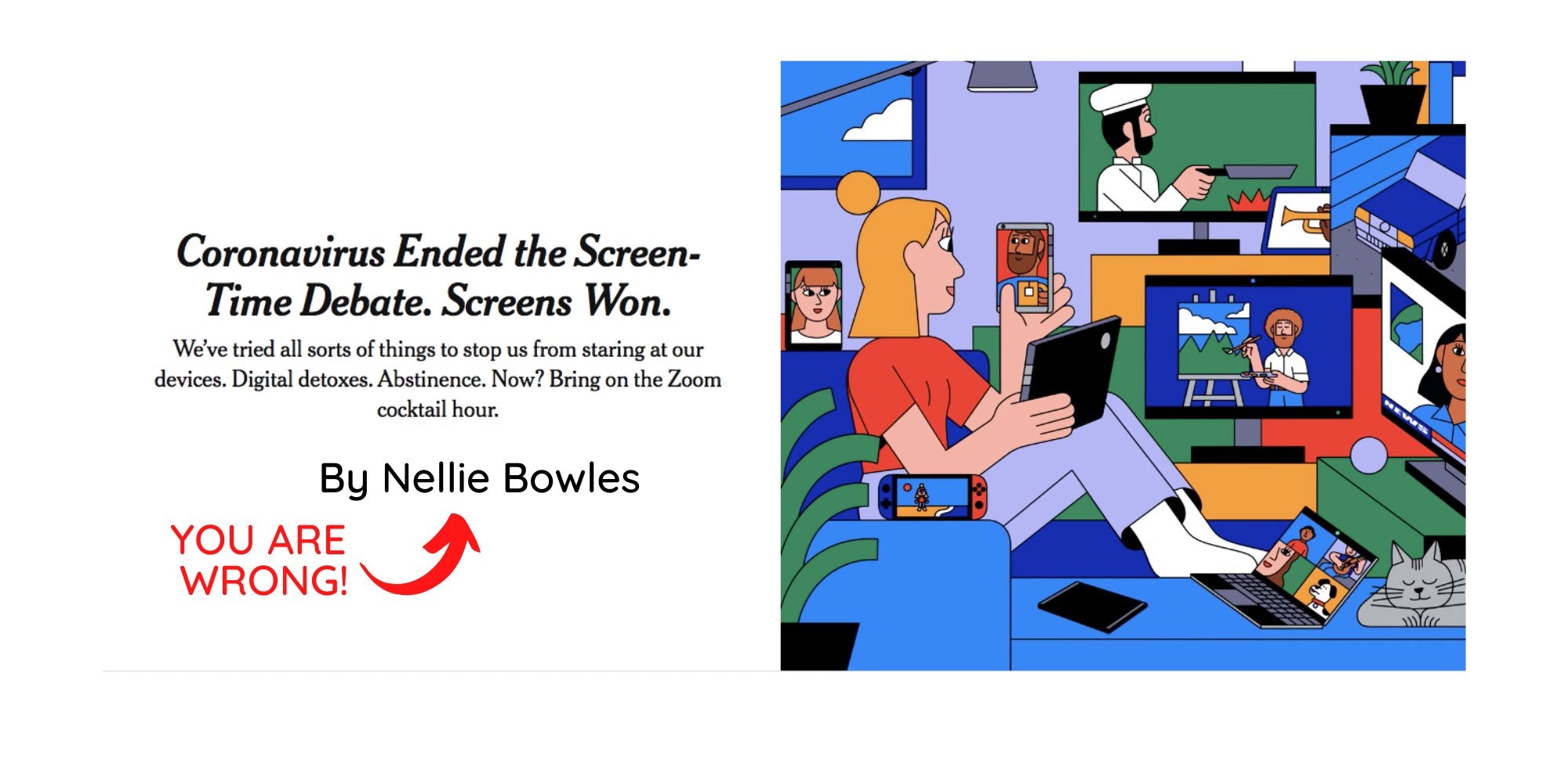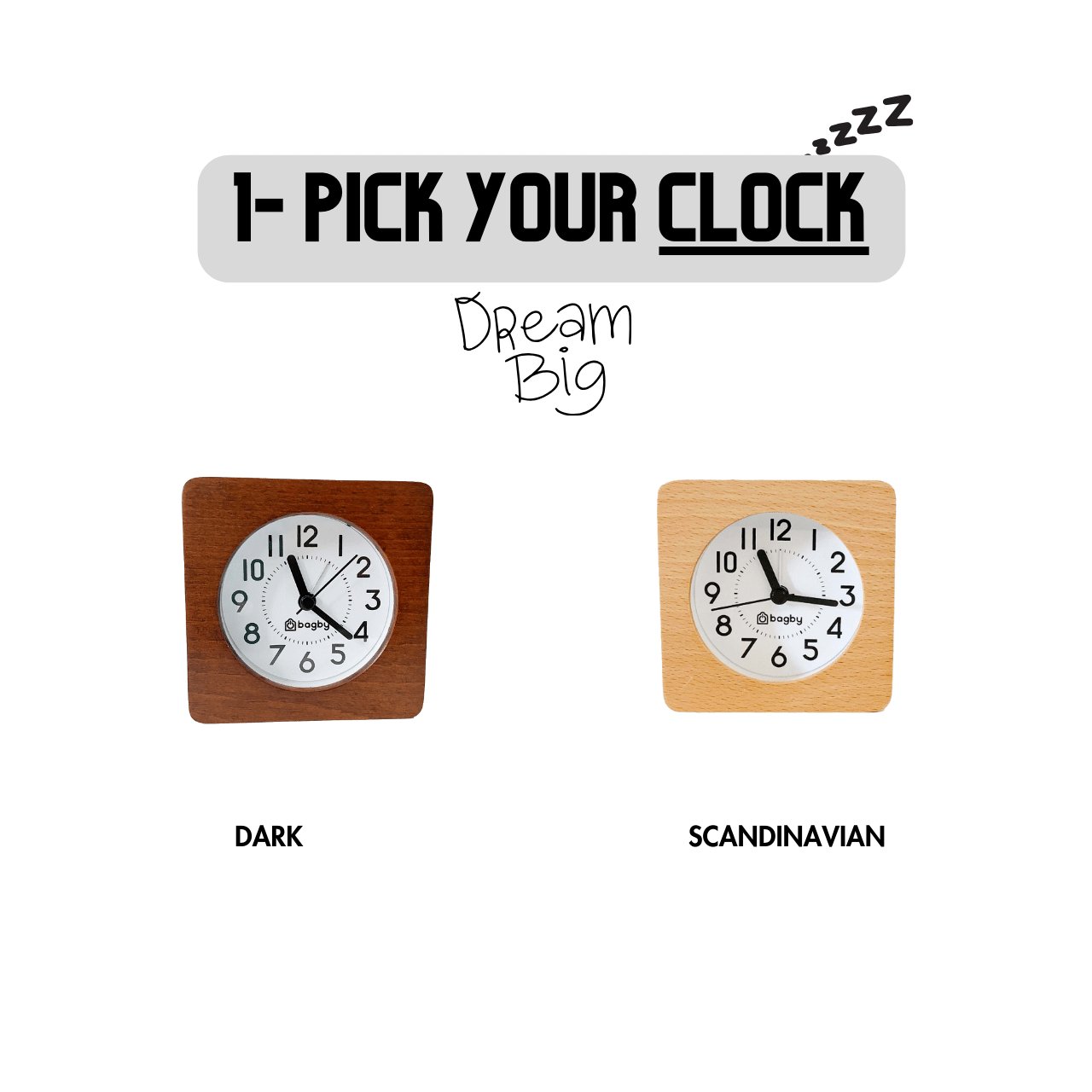Is smartphone addiction a mental disorder?
Besides the already known physical effects like eye strain or neck pain and the aggressive withdrawal symptoms when smartphone or network is unreachable
Smartphone addiction is not yet listed in Diagnostic & Statistical Manual (DSM) of Mental Disorders, but the addiction has been compared to gambling and substance addiction.
Here is a pretty compelling list of after effects of extensive use of smartphone:
 Rud Cef
Rud Cef
* Attention Deficit Hyperactivity Disorder: Problem in paying attention, excessive activity, difficulty in controlling one’s behavior which may contribute to low self-esteem, troubled relationships and difficulty at school or work.
* Depression: A mental health disorder characterised by persistently depressed mood or loss of interest in activities cause significant impairment in daily life
* Obsessive Compulsive Disorder: Is characterised by unreasonable thoughts and fears (obsessions) that lead to compulsive behaviour. OCD often centres on themes such as fear of germs or the need to arrange objects in a specific manner
* Narcissistic Personality Disorder: Symptoms include excessive need for admiration, disregard for others’ feelings, an inability to handle any criticism and a sense of entitlement
* Hypochondriasis: Symptoms include a long-term and intense fear of having a serious condition and worry that minor symptoms indicate something serious. A person may frequently visit or switch doctors.
* Schizoaffective and Schizotypal Disorders: Paranoid beliefs, suspicion, social withdrawal, social isolation & aggression
* Body Dysmorphia: People with this disorder may frequently examine their appearance in a mirror, constantly compare their appearance with that of others and avoid social situations or photos.
* Voyeurism: Voyeurism is the sexual interest in or practice of spying on people engaged in intimate behaviours such as undressing, sexual activity or other actions usually considered to be of a private nature
* FoMO or Fear of Missing Out: The fear that something’s happening and you’re missing out. A major research by Oxford University documents how FoMO is linked to general discontent, social anxiety and stress.
Phantom Ringing Syndrome: Your brain makes you think that your phone is ringing even when it is not.
* Nomophobia or ‘no-mobile phobia’: It’s the anxiety that arises from not having access to one’s mobile device and ranges from an uncomfortable feeling to full-blown anxiety due to tech deprivation.
* Cybersickness: People feel disoriented and nauseous from a virtual environment. It happens when our brains get tricked into motion sickness, when we are not actually moving.
* Facebook Depression: It’s caused by social interaction or its lack, especially among young people that is directly linked to the amount of time they spend on Facebook. It happens when other people post only good news about themselves—vacations, party pics, fun, etc.—that creates the false belief among others that everyone else is leading far happier and successful lives than you (when this may not be the case at all).
* Internet Addiction Disorder: Also called ‘problematic internet use’, it happens to those who use the internet excessively and compulsively, so much that it interferes with one’s daily life.
* Online Gaming Addiction: An unhealthy need to access online games. The American Psychiatric Association has given it the status of a unique disorder, similar to gambling addiction.
* Cyberchondria: People obsessively check the internet for medical information, adding new anxieties to an existing tendency of hypochondria.
* Google Effect: We tend to forget a lot of things simply because our brain knows that all answers are only a few clicks away—on Google.
* Technoference: Digital behaviour drags down our relationships, interrupts leisure time, conversations, family hours and intimacy in sex lives
* Truman Show Delusion: A kind of narcissistic behaviour, a feeling of being persecuted along with a sense of being very special, it happens to overly connected people who lead a lifestyle based on reality TV and social media
Adapted from Telangana Today


















